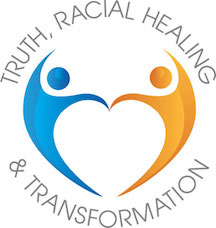
The consortium will launch the Charlotte Racial Equity Leadership Fellows program. Six students from each campus will be selected to participate in a year-long reflection of Charlotte’s history of racism and its connection to each university while exploring racial equity and developing leadership skills. The fellowship will culminate in unique, student-led projects on the three campuses designed to foster truth, racial healing, and transformation.
The consortium will engage the broader Charlotte community in this work of racial reconciliation. The circles will rotate monthly between the three campuses starting in late summer, and welcome community members throughout the city to reflect, share truths and collaboratively create a new racial narrative.

